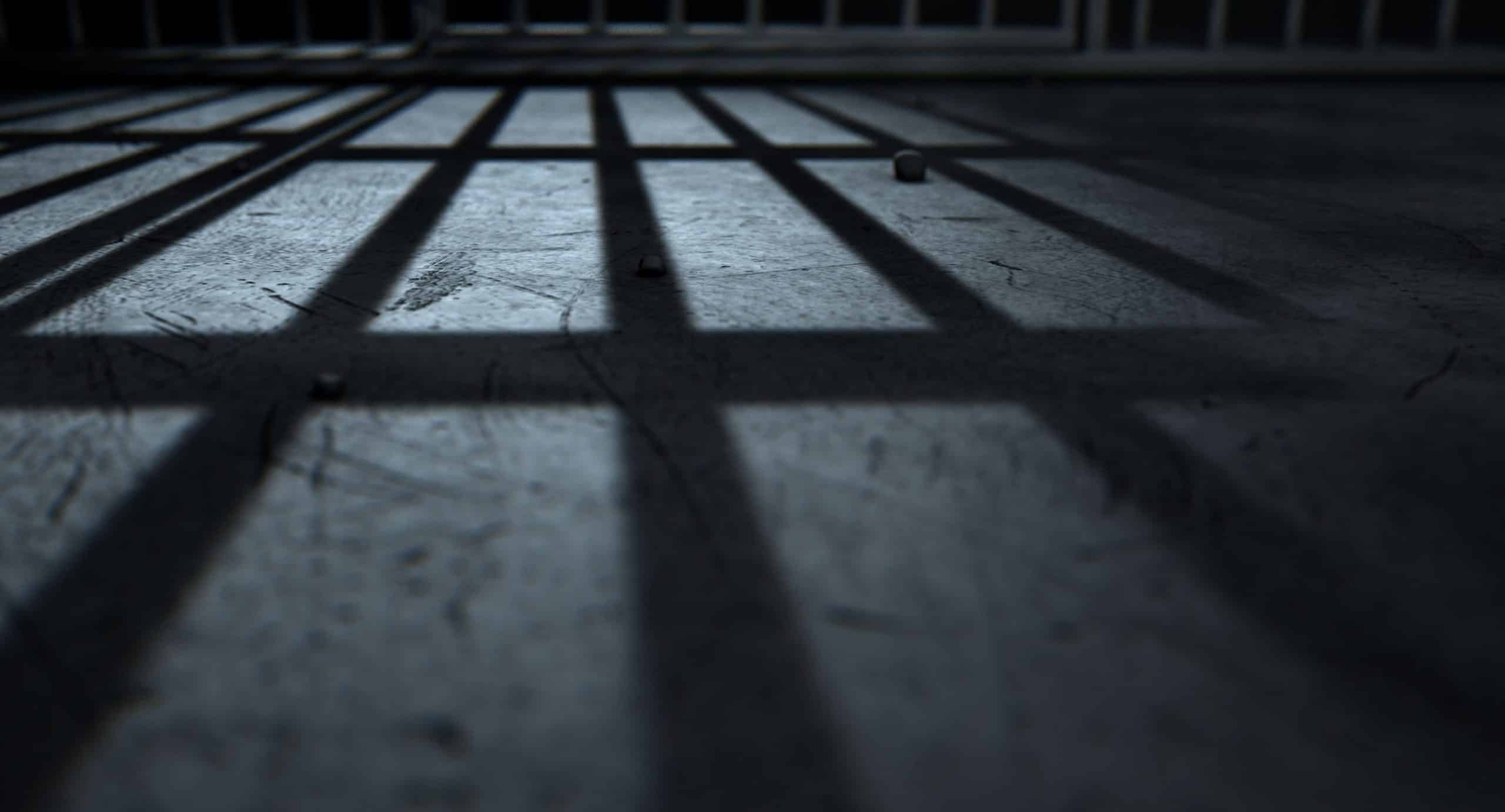- Home
- THE FIRM+
- Criminal Defense+
- CASE RESULTS
- AREAS WE SERVE+
- FAQ’s
- Blog
- Contact
AZHARI LLC BLOG

Posted By: Sami Azhari
Category:
Do you know the difference between charges of domestic battery and aggravated domestic battery in Illinois?
Chicago rapper Lud Foe was recently charged with both domestic battery and aggravated domestic battery. In an argument with his pregnant girlfriend, he allegedly hit and pushed her. He also allegedly hit and pushed her mother who tried to intervene, then yanked the cord to the phone out of the wall while his girlfriend tried to place a call to authorities. That last alleged act actually has him facing a separate charge of interfering with a report to police.
How can someone be charged with both domestic battery and aggravated domestic battery? We need to look at the specific laws in our state to understand the answer.
Legal Definitions for Domestic Battery and Aggravated Domestic Battery
Domestic battery occurs between family or household members. The offense can occur in the following relationships as defined by the Illinois Domestic Violence Act:
- Spouses
- Ex-spouses
- Dating partners
- Former dating partners
- Parents
- Stepparents
- Blood relatives
- Roommates
- Caregivers
Our domestic battery statute says that an individual can be charged if he or she acted with knowledge to cause bodily harm to a family or household member, or if he or she insulted or provoked a family or household member through physical contact.
The aggravated domestic battery statute says that the charge applies if an individual knowingly caused great bodily harm, permanent disability, or permanent disfigurement while committing domestic battery. The charge also applies if strangling is involved. The statute defines strangling as blocking the nose or mouth, or by using pressure on the neck or throat to block the breathing passages or blood circulation in the victim.
We don’t know all the details of the incident involving Lud Foe. However, we can speculate that since more than one victim was allegedly affected in this incident, the charge of domestic battery could apply to one victim and the charge of aggravated domestic battery could apply to another victim.
Penalties Associated with Domestic Battery and Aggravated Domestic Battery in Illinois
There’s a big difference between the consequences of domestic battery and aggravated domestic battery in our state. As you might imagine, domestic battery is the lesser of the two offenses. Here’s how they break down in terms of specific penalties.
A domestic battery charge will be a Class A misdemeanor for a first offense. A conviction for this crime can result in up to one year of jail, fines, probation, and mandated counseling.
For a repeat offense, you will be charged with a Class 4 felony. It is also automatically a Class 4 felony if the incident involved a child, sexual assault, or the use of a firearm. The penalties include one to three years in prison, and possible longer sentencing for prior criminal history.
Aggravated domestic battery – even a first offense – is charged as a Class 2 felony. Conviction includes the possibility of three to seven years in prison, or probation with a minimum 60 days in prison. If there are prior convictions, you may face up to 14 years in prison.
The Importance of Getting a Case Review
If you have been charged with either domestic battery or aggravated domestic battery, it’s essential for you to get help from an experienced Chicago criminal attorney. Not only is your freedom at stake, but your reputation and livelihood – your very future.
The criminal record associated with domestic violence is something that can negatively impact your life long after any term of imprisonment or probation has passed. Landlords may deny you housing. Prospective employers will be more likely to choose others over you once they learn about your history. Loans can be harder to secure. Certain job opportunities and professional licenses may be entirely off-limits.
Unless you fight back hard. A skilled lawyer who has a track record of success helping other clients in situations similar to yours will be able to look at the facts of your case and help you build a strong defense against your charges.
Facing Charges? Contact Us for a Free Case Review and Protect Your Reputation
False allegations, acting in self-defense, or engaging in mutual combat are just a few of the options that may be available in your situation.
It starts with getting in touch with our office and providing us with the information we need to conduct a free case review.
It’s important to call for help as soon as charges are filed against you. today. We’ll work hard to protect your reputation.
About the Author
Sami Azhari has been working as a lawyer since 2007, after receiving his Juris Doctor from the Michigan State University College of Law. He has handled numerous state and federal cases, and is known throughout the Chicago and Rolling Meadows area for providing his clients with high-quality, skilled representation. He has been recognized by SuperLawyers, the National Trial Lawyers Association, and other notable organizations, and has spoken at a number of legal conferences.



























































